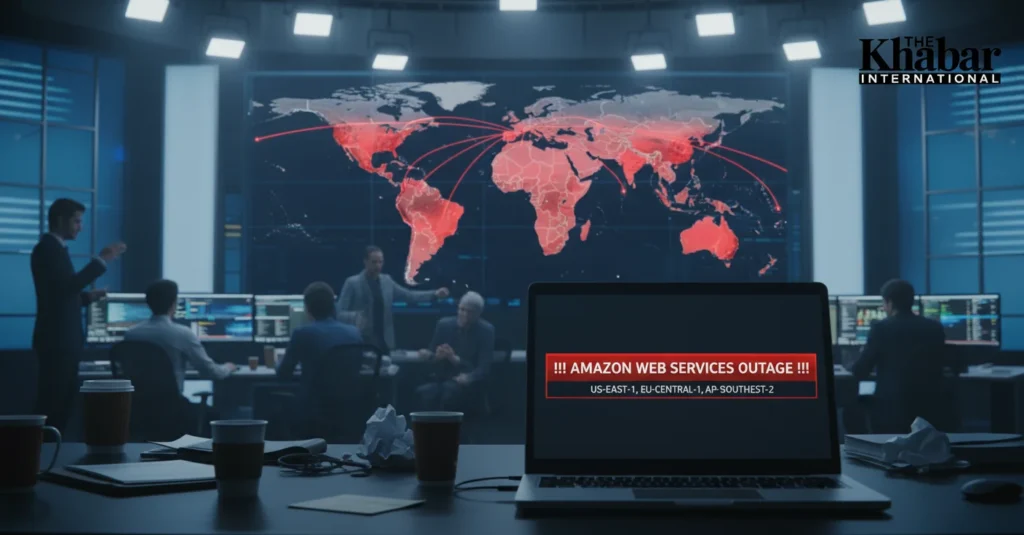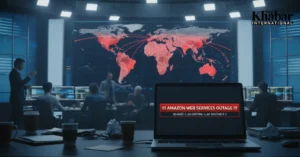The talk around NBA expansion is louder than ever, with fans and analysts debating which cities are ready to host the league’s next big move. Since the Charlotte Bobcats joined in 2004, the NBA has not added new teams, but growing markets, strong fan demand, and financial opportunities make the idea hard to ignore.
Adding NBA expansion teams would bring fresh excitement, new rivalries, and billions in potential revenue. Cities like Seattle, Las Vegas, and even international markets are all in play. The future of NBA new franchises will depend on league leadership, arena deals, and how NBA franchise value continues to rise in the modern sports economy.
What NBA Expansion Means for the League
Expansion in professional sports means adding completely new teams, not moving old ones. For the NBA, this step would bring fresh fan bases, more ticket sales, and wider TV coverage. It also increases NBA franchise value across the board. Every new team adds excitement but also sparks concerns about talent distribution and competitive balance.
On the downside, expansion requires more planning than just opening the doors. There must be fair NBA expansion draft rules, strong ownership, and modern NBA arena requirements. The league also has to balance NBA small market vs big market pressure, making sure big cities don’t take all the spotlight while smaller teams stay relevant.
Why the NBA Is Considering Expansion Now
The league delayed discussions due to Covid. But now, with more stable revenues and the upcoming NBA TV deal 2025, the timing looks right. Commissioner Adam Silver (NBA commissioner) has hinted several times that adding new teams is under review.

Another reason is NBA talent depth. The last two seasons proved the G League pipeline works. A record 117 NBA G League players were called up during the pandemic, showing there is enough talent to support NBA new franchises. More skilled players mean less fear of diluting the league’s quality.
Seattle and Las Vegas as Top Candidates
Seattle sits at the top of the list. Ever since the SuperSonics moved in 2008, fans have been calling for their return. The brand-new Climate Pledge Arena Seattle removes the old arena excuse. Seattle’s economy is booming, and fans are ready to buy tickets on day one.
The second clear choice is the Las Vegas NBA expansion. The city already proved it can handle big leagues with the Raiders Las Vegas move and Golden Knights NHL success. Add the annual NBA Summer League Las Vegas, and the city looks like a natural fit. An NBA-ready arena is already in place.
Other Potential NBA Expansion Cities
There’s no shortage of potential cities. Kansas City, Vancouver, San Diego, Louisville, Montreal, Virginia Beach, and Tampa Bay stand out. Each brings either a strong basketball past or major-league presence, along with fan bases eager to support a new franchise.
Official Site: NBA

Kansas City Kings history shows the city once hosted an NBA team. Today the T-Mobile Center Kansas City is ready. Vancouver fans still remember the Vancouver Grizzlies history, while San Diego Clippers history proves Southern California once had two NBA teams. Louisville still carries the memory of the Louisville Colonels ABA. Montreal has the Bell Centre Montreal and a growing fan base. Virginia Beach once pitched the NBA with ties to the Virginia Squires ABA, and Florida fans still recall the Raptors temporary home in Tampa, which proved a Tampa Bay NBA team could work inside Amalie Arena Tampa.
Key Challenges of NBA Expansion (Revenue, TV Deals, Talent Pool)
Money is the first challenge. Expansion fees could reach billions, but this impacts NBA revenue sharing. Current teams expect fair returns, so the league must divide profits wisely. The NBA media rights contract also complicates things, since broadcasters may push for bigger markets only.
Another challenge is competition. Even with growing NBA talent depth, critics argue that too many NBA expansion teams might dilute the star power. The league must make sure there’s enough elite skill to keep fans interested. Balancing new teams with current rosters is not easy.
Impact of Expansion on Small Market Teams and Advertising
Adding new NBA new franchises impacts smaller cities like Memphis and Oklahoma City. These markets rely heavily on loyal fans. Extra teams could shift TV exposure, advertising, and even sponsorships toward bigger markets.

Still, history shows small markets can thrive. With smart ownership and fan loyalty, smaller teams hold their ground. Expansion also increases advertising inventory, giving both small and big teams more ways to profit. This helps balance NBA small market vs big market competition.
NBA’s International Push: Games in Europe, Mexico, and Beyond
The league has been growing outside the U.S. for years. NBA international games in Paris and London prove the demand is strong. Mexico has even more potential. The Mexico City Capitanes, a G League squad, already compete and attract loyal Mexico City basketball fans.
Expanding abroad also raises questions about travel, schedules, and fan engagement. A Mexico City franchise would be close to many Western Conference cities, making it more practical than Europe. For the NBA, global expansion could be the next big move after adding U.S. cities.
Ownership, Arena Deals, and Team Relocation Rumors
Every expansion needs the right owners. Wealthy NBA ownership groups and investors are key to success. For example, Patrick Mahomes NBA ownership interest in Kansas City makes that city even stronger as a candidate.
Arena deals also play a huge role. Without a modern stadium, no city stands a chance. That’s why the NBA franchise proposals always highlight facilities like Climate Pledge Arena Seattle, Bell Centre Montreal, or T-Mobile Center Kansas City. At the same time, NBA relocation rumors about struggling markets keep circulating.
How NBA Expansion Could Reshape the Future of the League
If the NBA welcomes more teams, then its structure will need a makeover. Think revamped divisions and a fresh schedule—similar to the shuffle we saw back when the Charlotte Bobcats joined in 2004. Imagine the buzz of brand-new rivalries, like Seattle taking on Portland or a fiery Mexico City vs. Dallas face-off. That new energy could ignite a fan frenzy.
Expansion also drives higher NBA franchise value. More cities mean broader TV reach, more ticket sales, and a bigger fan base. This reshapes basketball culture and makes the NBA even more competitive against other U.S. sports leagues.
Latest NBA Expansion News and Updates
The current updates mostly revolve around Seattle and Las Vegas. Both cities keep making headlines with their arenas and fan demand. Rumors also connect other cities, but most experts say the final decision will tie directly to the NBA TV deal 2025.

Until then, fans can expect steady updates from Adam Silver (NBA commissioner), insider reports on NBA franchise proposals, and news about media contracts. Expansion looks more likely than ever, but the timeline depends on business and talent factors.
Conclusion
The NBA expansion journey is far from over. While Seattle and Las Vegas seem like front-runners, don’t count out contenders like Kansas City, Vancouver, or Mexico City—they’re making their case, too. It’s no easy path: logistics, money, logistics again—those are real hurdles. Yet, the payoff is clear. More teams could shake things up, spark fresh rivalries, and keep fans hooked long term. Expansion could be the spark the league needs for the next era.
FAQs
Is the NBA expanding?
The NBA hasn’t announced official expansion yet, but discussions about adding new teams are active and gaining momentum.
Will the NBA expand in 2025?
The league is expected to decide after the new NBA TV deal 2025, making expansion in the mid-to-late 2020s likely.
Is TNT giving up the NBA?
Yes, TNT may lose its broadcasting rights as the NBA media rights contract shifts toward ESPN, NBC, and Amazon.
What NBA teams are most likely to relocate?
Teams with arena or ownership challenges, like New Orleans or Minnesota, face the most frequent NBA relocation rumors.
What is the largest city without an NBA team?
Seattle is the largest U.S. city without a franchise, with fans still waiting for the Seattle SuperSonics return.



















